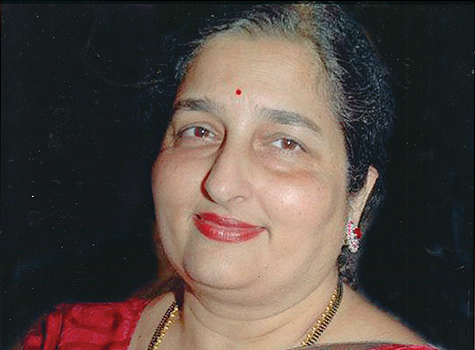
During the next several decades, it is estimated, that women will inherit approximately $29 trillion in assets and hence somehow they will have to create the knowhow and the courage to manage it. Many of these women will inherit money from their parents as well as their spouses. Others will accumulate wealth through their own professional and business accomplishments. In fact, women owned businesses are growing at twice the national rate. The Center for Women’s Business Research claimed that “if US-based businesses were their own country, they would have the sixth largest GDP in the world.”
And yet, there are concerns. Here is the general observation and it is supported by many of my colleagues and cohorts in the same business. When talking to clients or in giving lectures around the community, we run into the situation where most of the questions are coming from one class of the attendees. The only time it could be a woman is when they are trying to understand more or are thrown into learning for themselves. In defense of women, I have to say that there have been occasions when the financial matters are entirely handled by women. And when they do they most certainly bring many practical aspects of their experiences to the forefront.
Granted in a family situation, we all have to split our responsibilities between the couples but it seems like most of the financial responsibilities are borne by the male party and there is no reason why that should be the case. If you go back in history, literally hundreds of years if not thousands, you will find the same situation. One thing good coming out of the all the movements that were started in 1960s, and picking up steam again now, is that many more women are stepping in the prominent role of managing the finances and I am glad for it. As my wife would say, women have been undermined for a long, long time; they feel misunderstood, unheard and overlooked. Take heart, times are changing.
One thing for sure: women resent the assumption that women are disinterested in financial matters and that they should not worry about it. To the contrary they are dissatisfied customers, they have real economic power and we need to recognize that.
So it is not that they do not have interest or ability then why is it that they have ignored finances so much over the centuries?
Looking back just in US history (world history about women is much worse), women were not allowed to own property in America till 1839 and the legislative process was not completed nationally until the early 20th century. So, at least in United States women did not have power or money to invest. You may recall that in the 1970s even the Equal Rights Amendment to the constitution was eventually rejected by a majority of States; dwell on that fact for a second. In the 1920s women entered the business world; this was about the same time women won the right to vote in the United States. The real shift in women becoming the wealth creators in their own right began in 1970s with the Women’s rights movement. That is when they also got access to credit. Today, women are half the work force in this country.
Now let’s look at the other side of the story. Ninety percent of women who participated in a 2006 survey commissioned by Allianz Insurance rated themselves as feeling insecure when it came to their finances. A Prudential financial survey poll found that only 1 percent of the women surveyed gave themselves an A in rating their knowledge of financial products and services. Women are making more money today than ever before but my feeling is that they are not making more of what they make.
What I mean is that the money sits in cash or almost cash somewhere and not being invested properly. It almost seems like there is a fundamental denial at work and women don’t seem to break out of that mold. Granted that centuries of unfathomable and biased history have worked against them but that is not the case today.
It is generally an accepted belief that nurturing comes naturally and as a basic instinct to women. They give of themselves; take great care of our family, our friends and many others. It is their nature to nurture. But when it comes down to take care of money, it is left to somebody else. It may not be even the spouse, partner or a friend; it is a total stranger like an advisor whom, on many occasions, you haven’t even met, leave aside having a meaningful, intelligent relationship. Women may ask, “Why don’t we show our money the same love, care and attention that we shower on every other important relationship in our lives? Could it be because we don’t have relationship with our money?”
Suze Orman, the renowned financial planner, in her lectures around the country talks about this same subject and has suggested some salient starter points for anybody who wants to eventually manage their finances.
• Start with learning all about checking and savings accounts. Learn to read bank statements and balance the checkbook.
• Have a credit (not debit) card in your name and learn to use it wisely. Learn about FICO credit score too. Balance your monthly budget.
• Start thinking about your retirement and how to save and invest for it. This is about your own retirement and not your spouse’s. Determine what your comfort level is for taking small risks etc.
• Think about and ask about the necessary estate planning documents like a will, a POA, health proxies etc. Think about who the beneficiaries are.
The list is long but I am going to stop here. If you are able to accomplish all this within a year you are doing well. After getting over the initial inertia it becomes easy because you are self-motivated by now to learn more. It is fun, too.
——–
Mo Vidwans is an independent, board-certified financial planner. For details visit www.vidwansfinancial.com, call +1 (984) 888-0355 or write to mpvidwans@yahoo.com.



